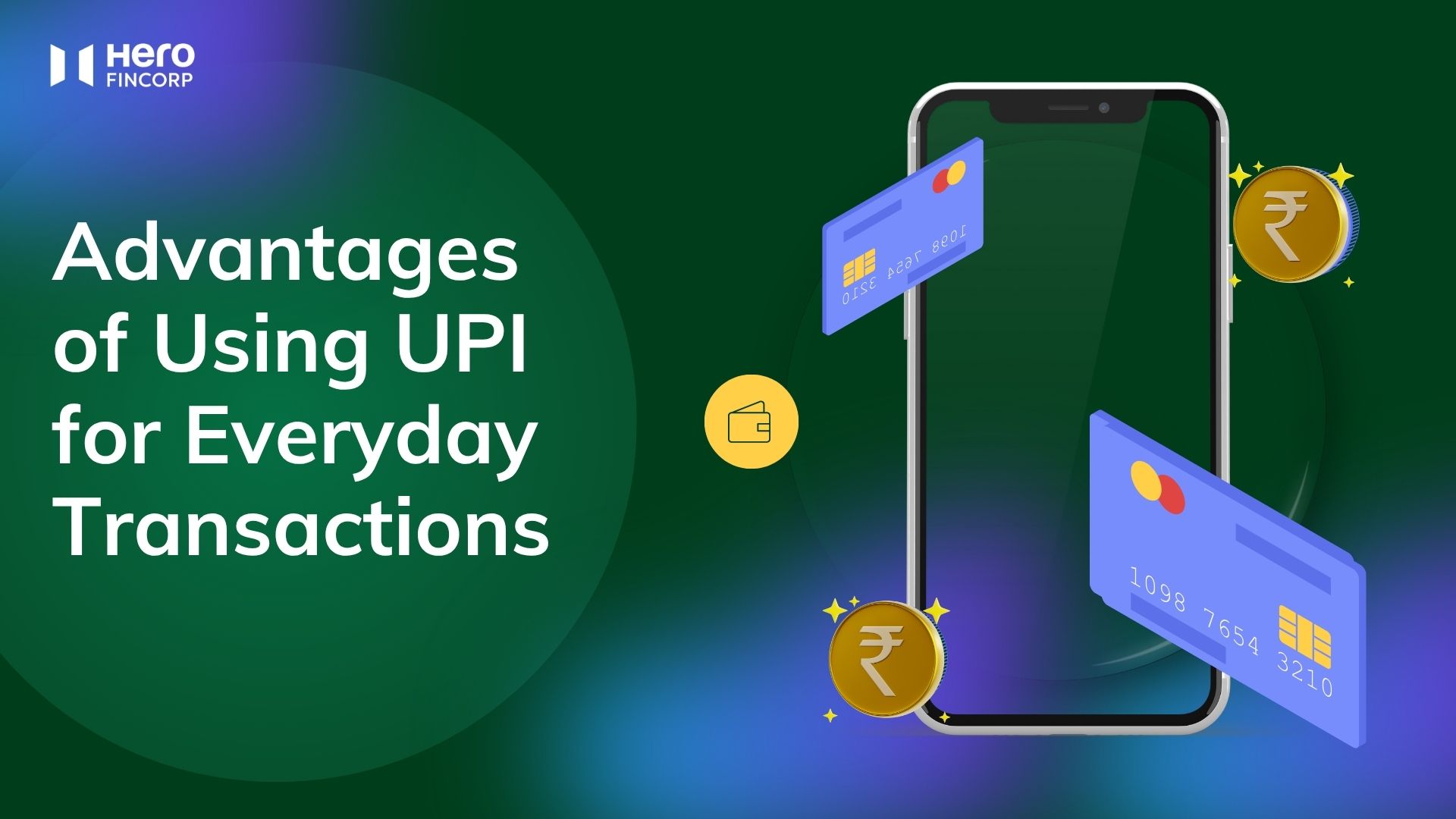
Rohit had just paid the final EMI on his personal loan and closed it. He now wants to apply for a home loan and checks his CIBIL report to ensure everything is in order...

Aarav runs a small online business and sees steady monthly inflows into his bank account. Rent and utility bills are paid on time, but formal loans have never been taken out before...

Running a business requires you to continue buying goods or services even when cash is short. It is not always practical to pay for everything upfront when funds are tied up in...

It might appear as an ordinary three-digit number, but your credit score can have a big impact on your entire financial life. If you’re debating whether 725 is good, average or just...

Written-off in CIBIL means a lender has classified your loan as a loss after prolonged non-payment (usually 180+ days overdue). It is an accounting action, not a waiver. You still...

CIBIL स्कोर आपके वित्तीय स्वास्थ्य का एक ज़रूरी प्राचल है। 800 का CIBIL स्कोर आपकी वित्तीय विश्वसनीयता का एक मज़बूत सबूत है। अगर आप चाहते हैं कि आपका CIBIL स्कोर बेहतर हो या 800 से...

If you have ever opened your CIBIL report and wondered what those numbers like 000, 030, or 090 are trying to say, you are not alone. Most of us focus on the credit score and miss the one detail lenders quietly study first: Days Past Due.

From personal loans to home loans, your credit score affects your eligibility for any loan you apply for. A good score boosts your chances, while a bad one does the opposite.

India’s love for UPI is undeniable. With an average exceeding 650 million transactions per day, it is clearly the crowd favourite. A quick scan and a beep can settle payments for anything and everything.
From buying vegetables at the local market to splitting a dinner bill with friends, it covers it all.
What started as a government-backed initiative has become a national habit. UPI has ushered in a new era of convenience. And as a result, it’s now an integral part of how we live, shop, and move through the day.